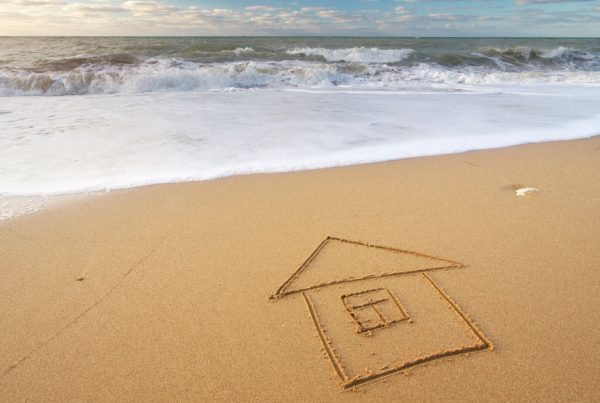The reasons why a person may decide to put their house up for sale are very diverse. From a pure economic necessity, to obtain an economic profitability or simply to obtain liquidity to invest in a new house.
Be that as it may, there are a series of requirements that we must be aware of and not overlook when considering the sale.
The first of these, as we saw a few weeks ago, is to make sure that the property is in a legal situation.
Once this step has been taken, we explain how to proceed with the sale of a property in Spain.
What are my options for selling my house?
In general, many homeowners choose to have the help of a real estate agent or an agency to carry out the sale.
If this is the case, it is very important to establish the conditions, including not only the minimum sale price that we are willing to accept, but also whether we give the operation exclusively to the agency and, above all, the commission that they will receive once the operation has been carried out.
On the other hand, it is also possible that a private individual chooses to sell the property directly. In such a case, it is necessary to have the help of a specialised lawyer who drafts and prepares the contract properly, including all the penal clauses established between both parties, buyer and seller.
In addition to the terms of sale, what else should the contract include?
Apart from the above, it is advisable for the contract to include a fixed payment schedule.
In this case it is very common to include a small reserve for the purchase, generally between €3,000 and €6,000. The rest of the amount, of course, will always be paid on completion of the transaction.
In the event that a slightly longer period of time is agreed, in addition to this reserve, it is more than advisable to sign the purchase contract and establish an interim payment (10%/20% of the sale price).
In addition to this, it should always be included if there is any inventory (usually furniture, appliances…) included in the sale.
Who is responsible for the taxes derived from the sale and purchase?
As you know, there are several taxes and expenses for this type of transaction that we must take into account and know who is responsible for paying them.
So when we talk about the legal costs of the purchase, it is normal that the buyer is responsible for the Notary, the transfer tax and the registry, while the seller is responsible for the Plusvalia tax (it should be borne in mind that if the seller is a non-resident, the buyer is responsible for the payment in case the seller does not pay it, so it is important to make sure that it is paid).
Local taxes should not be forgotten either.
By law the owner of the property on 01/01 of the year is responsible for the payment of the full IBI bill, but the parties can agree to divide the payment proportionally to the number of days each party owns the property. This is exactly the other way round, by law each party pays their share, but it can be agreed otherwise.
How can MAM Abogados help you?
The formalities, documentation or preparation of payments and contracts are really difficult to manage, even to understand, when you do not have the help of professionals or do not have any knowledge on the subject.
This is also often complicated when the seller is not resident in Spain.
At MAM Solicitors we have over 30 years of experience in assisting our clients and in dealing with all the necessary formalities.
In this case it is necessary to grant a Power of Attorney which empowers us to handle the various formalities we have seen and to sign on behalf of our clients.
If we can help you or if you have any questions, please do not hesitate to contact us.
Let’s talk!







